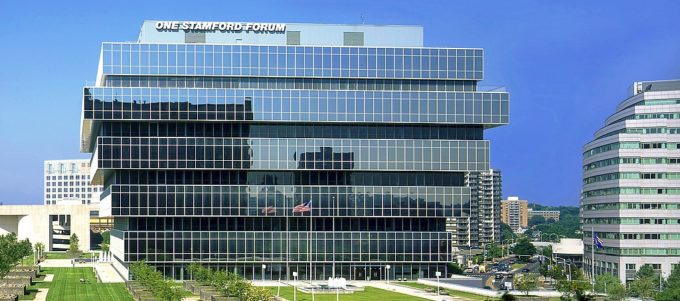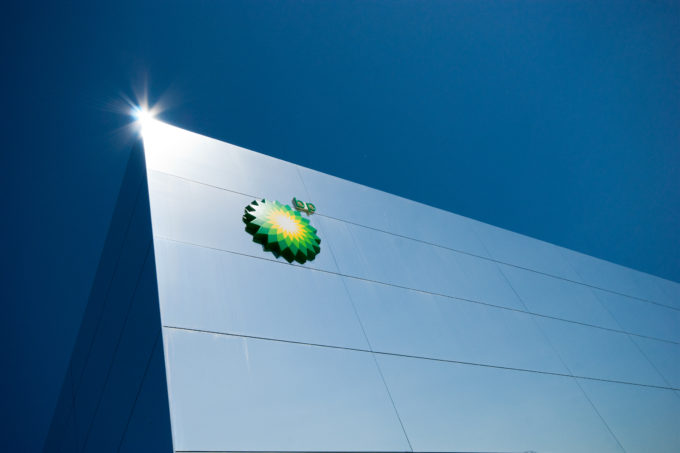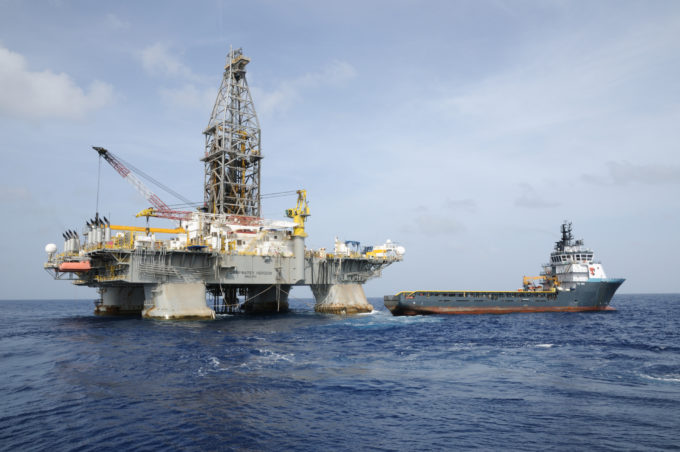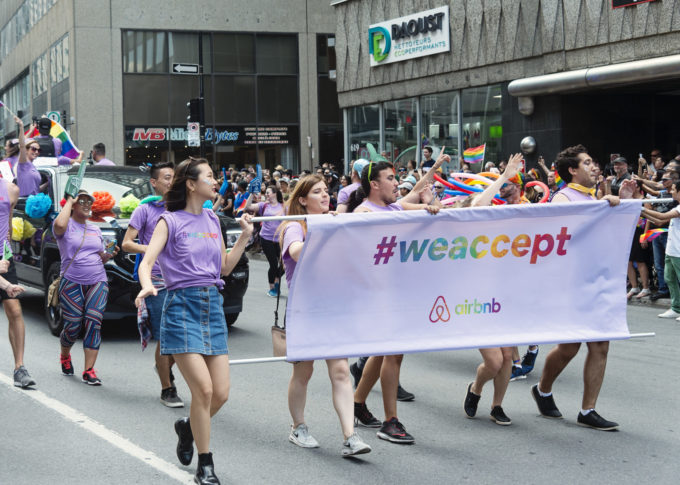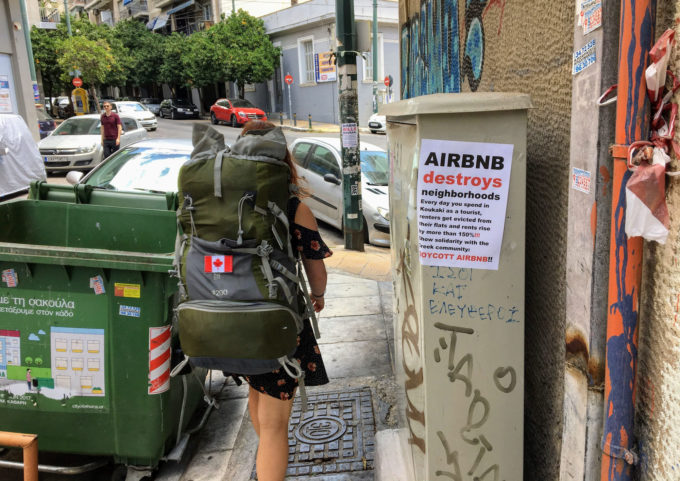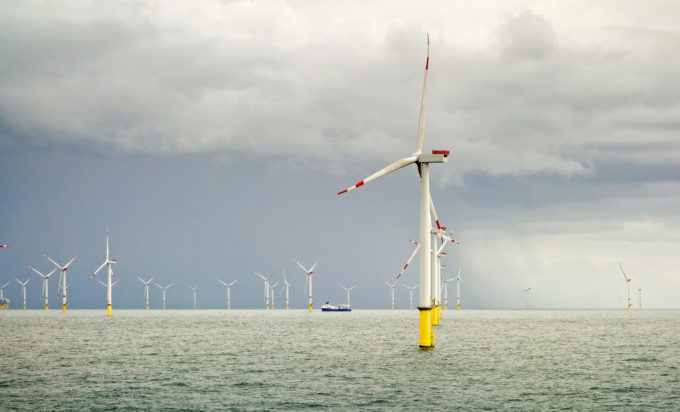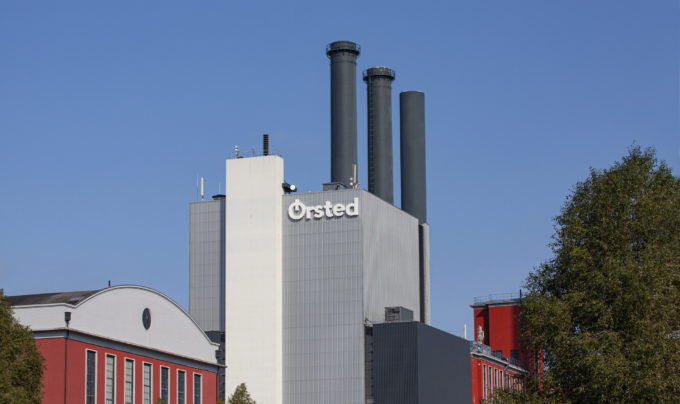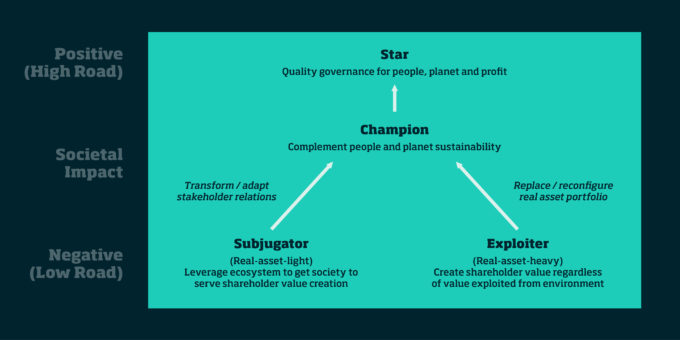Develop the right capabilities for the high road
Taking the high road successfully requires the right capabilities to exploit the opportunities. The challenge for subjugators is to develop the right stakeholder relations and for exploiters the right real-asset portfolio.
Subjugators transforming stakeholder relations
When the existing competitive advantage of a firm’s stakeholder relations is decaying rapidly, transformation is required. For subjugators transforming their stakeholder relations, innovative value propositions and organizational agility are key to success.
Telenor’s advantage in the historically stable telecom industry had come from its scale and cost competitiveness in Norway, Sweden, and Denmark. To accelerate the switch from voice to data, it had to transform relations with its customers and continually offer them completely new value propositions. It also reinvented its approach to talent management to “nurture and appreciate the risk-takers and innovators”.
Subjugators adapting stakeholder relations
When stakeholder relations are an ongoing source of competitive advantage but are contested, subjugators must adjust these relationships to deal with the threat.
To address concerns over the social legitimacy of its business model, Airbnb struck deals with officials in selected cities to collect and deliver taxes from its hosts. The company’s Open Homes program helped more than 25,000 people in need to find temporary housing in 2019, and when the pandemic hit, hosts got payments to cover the cost of COVID-19 cancellations and a relief fund was provided for those who rent out their own home and needed help paying their rent or mortgage.
Exploiters replacing the real-asset portfolio
When the whole real-asset portfolio is threatened by the damage it does to the environment, exploiters must replace it. Typically, this involves a fundamental change in technology and transformation of the business portfolio through divestment, liquidation, acquisition, investment, and/or innovation. Financing the transformation is often a challenge, and the timing of the disposal of old assets needs to be calibrated so that it provides the cash flow needed for the acquisition of new sustainable assets.
To facilitate and finance its transition to lower emissions, DONG shifted its operations and asset portfolio from coal to gas. But then international gas prices dropped, and its debt was downgraded. It was nearing bankruptcy when Goldman Sachs agreed to inject $1.2 billion into the business for an 18% stake. The company’s financial crisis persuaded the government and employees to accept a new focus on wind and the restructuring and divestment of its oil and gas business. To complete the transition to renewables, DONG later added solar photovoltaic and storage solutions to its portfolio. In 2016, DONG completed its IPO, as a renewable pure play company under its new name Ørsted.


